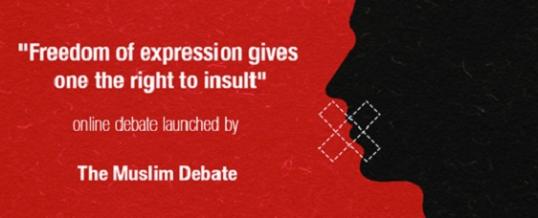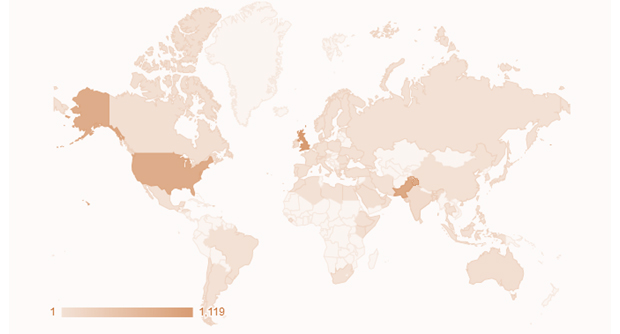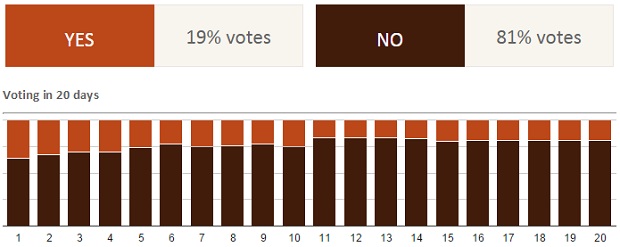|
Comments from the Floor
People from different parts of world gave their input in the debate via their comments. Some words from selected comments are:
Jes Broeng: “…One can always disagree with policies, beliefs, countries’ policies/behaviors, nations, religions or cultures etc., and can give all sorts of reasons why he or she disagrees, but one does not need to insult the other to get the point across…..”.
Sumaira Khalid: “ …If by merely 'expressing' one's opinion, widespread chaos and riots result and divisions along religious and ethnic lines are violently reinforced, no law or convention should provide immunity to that action (expressing such opinion).”
N. Khan: “…One can voice for political rights, his/her personal FEELINGS AND OPINION, and ideas for or against some laws and government policies etc. etc. However, this rule has limitations and people are not allowed to defame someone without any proof, to hurt someone or a group, to insult and individual or his/her faith etc etc.”
Yasir Khan:“…. In France, where some people spewed hatred, hate speech is only illegal if it directly incites violence, Well, 7 million copies that were published following the killings did exactly that, triggering violent protests across the Muslim world, including one in Niger, in which 10 people died. Meanwhile, the French government kept busy rounding up and arresting over 100 Muslims who had foolishly used their freedom of speech to express their support of the attacks. Dual standards……”
Muhammad Ali Shahbaz: “…We live in a global world where insulting someone on marginalized basis and to intimidate nothing but aggression and a sense of hatred can initiate the real clash of civilizations.”
Irfana Barveen Mohamed Ishak: “….In any country, laws should play a major role in preventing society from harm, although, making errors is a part of human nature. But laws should not permit this by allowing “Freedom of expression gives right to insult.”…”
Abu Tahir Haqeeqi: “….The idea of free speech/expression is theoretically flawed and practically politicized..…. I would say, Freedom of expression must have limitations, otherwise it will result in destruction of Society. Freedom of expression = Freedom of Action = Freedom to Attack/kill = destruction of Society & humanity.”
Wajid Ali: “…..In societies rules and regulations are made to prevent discomfort and a lesson for the guilty, they are not made or narrated with the objective of reacting on being offended or victim..… The rules for the freedom of expression should be narrated, unanimously agreed on and implement in order to prevent the social unrest (and ensure) peace and harmony in the societies and world at large"
Susic Sejo: “Freedom of expression needs to have limits. When someone's freedom threatened or reduces other freedoms, or cause harm, then it cannot be called more freedom, it is insult or something more serious….. Therefore, there is an urgent need to regulate the acts of blasphemy, not only domestically but by international law as well. ….”
Adnan H Satti: “….I very humbly suggest that in order to have sustainable peace and harmony among the members of society itself and with other societies having different ideology than that of ours, we have to practice ourselves and educate others to express themselves in respectful manner, as it is need of the hour….”
Daniella P.: “…Any one stance can be a freedom of speech to one group and insult to the other. It all depends on which side you are standing, all depends which side of argument you want to listen and which you cannot bear….. If freedom of speech would have been allowed with restrictions , it would have never been called a FREEDOM in first place….”
Kovacs-Ferenczi Noemi: “…Considering purely the theory here insult is an unfortunate but necessary possible byproduct of free speech and expression, just as insult is an unfortunate but unavoidable byproduct of honesty….… I believe that free speech and freedom of expression has to be absolute, and should be granted. Corollaries can be dealt with afterwards. To ensure that these freedoms work the state must provide good education, reasonable regulation, public debates and a good definition of hate speech…..”
|
|

















